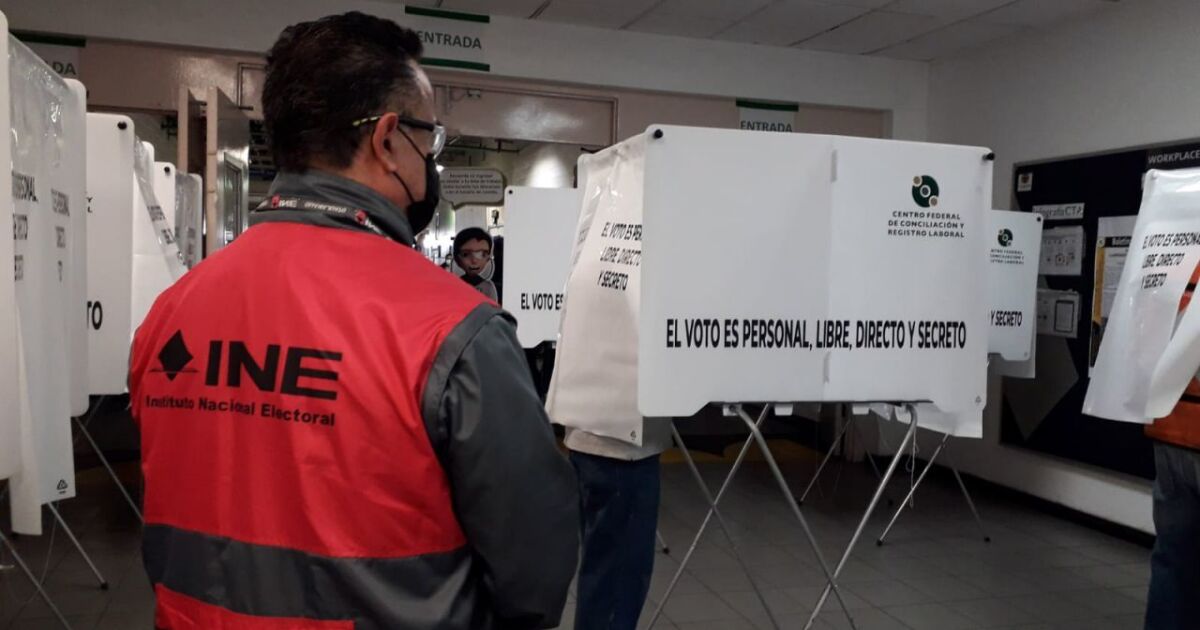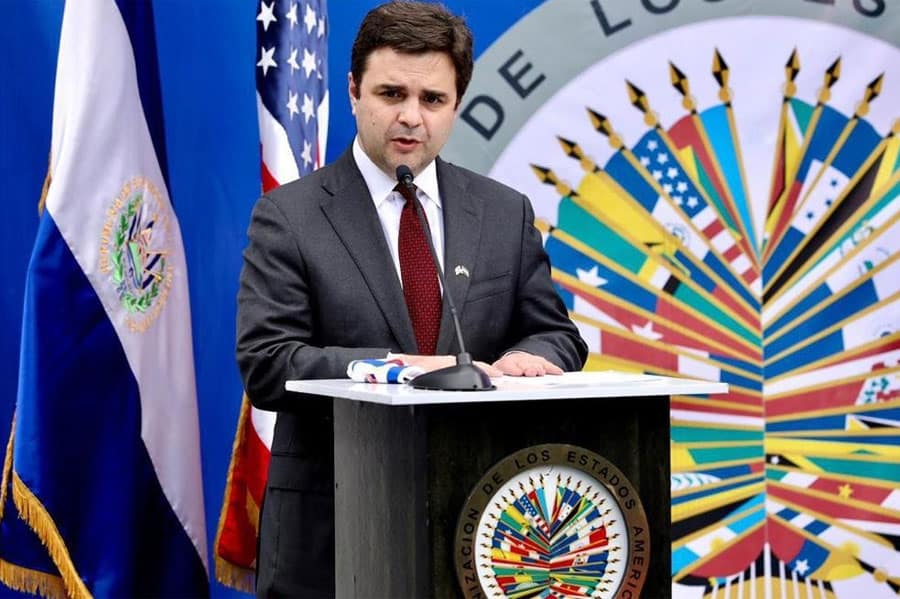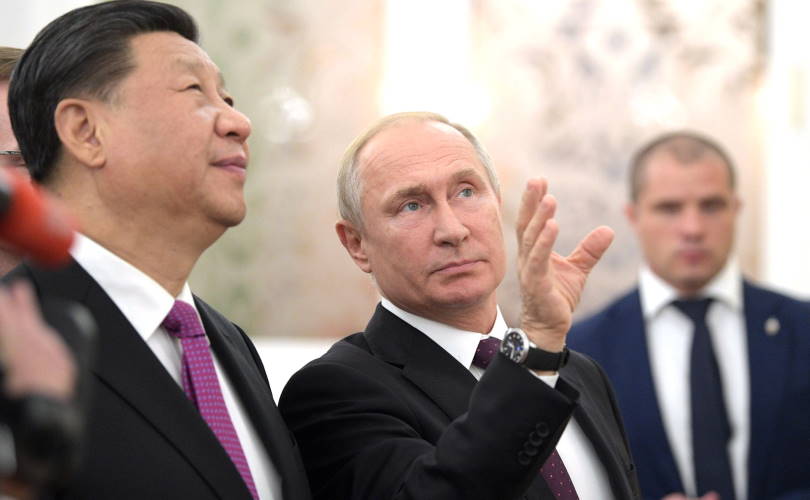Transformation of INE into INEC
The Commission made observations on the new model that is proposed to integrate the INEC and the Electoral Tribunal, these formed through the popular election of their members from a list of candidates presented by the Executive, Legislative and Judicial powers and submitted to the polls.
“The proposed procedure in which the INEC will be in charge of the elections of its own members is unusual and creates risks for its status as an impartial body”, it was concluded.
It is expressed that it is an issue “of great concern” that they will be able to campaign, since there are no clear rules on how that election will be carried out, which implies a pre-selection that does not guarantee that the organizations will result in an impartial integration, in addition to that they will be subject to the citizen vote, whose assessment will be political, thus failing to comply with international standards for electoral bodies.
The procedure “provides for a pre-selection that does not allow all international electoral standards to be applied to this vote – even assuring its impartiality – which is highly doubtful. On the other hand, a purely political election could ensure the balanced representation of the political parties in the INEC but would go against the requirement of impartiality since the prohibition of electoral campaigning could not be respected during the campaign for the INEC elections”.
The composition of the central electoral management body “should not be based on political preferences and options. Even if it is configured with a balanced representation of political forces, it must be based primarily on professional criteria. Therefore, the members of the INEC should not be directly elected, since the will of the voters is political”, he valued.
In addition, “the members of said bodies must be impartial and professionally competent and, therefore, they must not be allowed to campaign (stand as candidates in direct elections)”.
These same problems of impartiality and independence are noted with respect to the election of the magistrates of the Electoral Court because “in electoral matters as in other fields, the judiciary, including a specialized electoral jurisdiction, must represent a guarantee of impartiality of the entire process, and for this it must offer sufficient guarantees of independence.
In the case of the courts with the additional problem that it is proposed to eliminate state courts, with which the Superior Court would have to resolve everything, with the corresponding work overload and, above all, the different levels of appeals, which can be a guarantee for electoral actors.
Regarding the powers of the INEC, it was warned that it intends to reduce the controls on political parties and the sanction of irregular practices. In addition, the centralization of all state elections in the INE; and the disappearance of permanent decentralized bodies (300 district councils) so that they are integrated only in elections, could be more costly and generate problems of electoral impartiality.
The Venice Commission assessed that the centralization of the electoral administration at all levels could have a negative impact on the transparency and credibility of the electoral processes at the level of the 32 constituencies, given that Mexico is a federal state.
“It would also imply an onerous transformation that would go against international trends on self-government and could be in conflict with some of the basic principles of Mexican federalism,” they detail.








